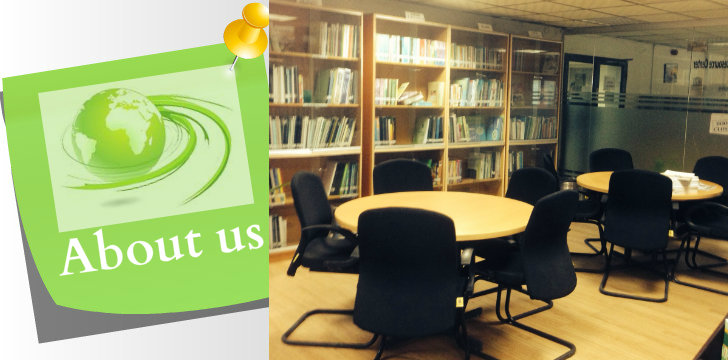Approximately, half of the population in Pakistan of age 10+ is illiterate. In terms of numbers, it is estimated that over 55 million Pakistanis can not read and write. In rural areas less than one third women are illiterate. Pakistan is a signatory to the Millennium Development Goals (MDGs), and one of the six goals of Dakar Framework of Action reflects commitment of the governments to “achieving 50 percent improvement in levels of adult literacy by 2015.
But according to an analysis carried out by UNESCO, Pakistan is unfortunately among the 30 countries, which are not likely to achieve EFA targets by 2015. Besides the international commitments, we as Pakistanis need to realize that it is in our own benefit to have a literate, educated and productive nation to take meaningful progress in social and economic development.
In Pakistan, efforts have been made to eradicate the illiteracy in past but more extra ordinary steps are required to address the menace of illiteracy. In Pakistan, many programs have been launched but they have not come up with desired results due to the following reasons:
- Lack of skilled workforce
- Irrelevant syllabus for learners
- Lack of Research and Development Programs hinders development of need based material in literacy programs.
- Absence of a regular system of Capacity Building programs of the Literacy professional at the mid level and high level do not exists in Public as well as private sector

